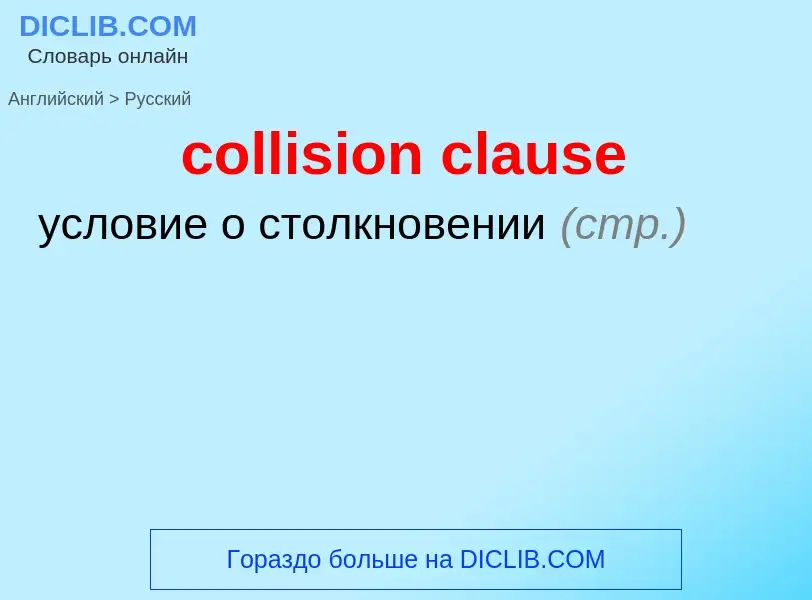Translation and analysis of words by ChatGPT artificial intelligence
On this page you can get a detailed analysis of a word or phrase, produced by the best artificial intelligence technology to date:
- how the word is used
- frequency of use
- it is used more often in oral or written speech
- word translation options
- usage examples (several phrases with translation)
- etymology
collision clause - translation to russian
общая лексика
хэш-коллизия (столкновение, конфликт)
ситуация, когда два различных ключа выбирают ("хэшируют") одно и то же значение, указывают на одну и ту же ячейку в хэш-таблице
синоним
Смотрите также
Definition
Wikipedia
In cryptography, collision resistance is a property of cryptographic hash functions: a hash function H is collision-resistant if it is hard to find two inputs that hash to the same output; that is, two inputs a and b where a ≠ b but H(a) = H(b).: 136 The pigeonhole principle means that any hash function with more inputs than outputs will necessarily have such collisions;: 136 the harder they are to find, the more cryptographically secure the hash function is.
The "birthday paradox" places an upper bound on collision resistance: if a hash function produces N bits of output, an attacker who computes only 2N/2 (or ) hash operations on random input is likely to find two matching outputs. If there is an easier method to do this than brute-force attack, it is typically considered a flaw in the hash function.
Cryptographic hash functions are usually designed to be collision resistant. However, many hash functions that were once thought to be collision resistant were later broken. MD5 and SHA-1 in particular both have published techniques more efficient than brute force for finding collisions. However, some hash functions have a proof that finding collisions is at least as difficult as some hard mathematical problem (such as integer factorization or discrete logarithm). Those functions are called provably secure.

